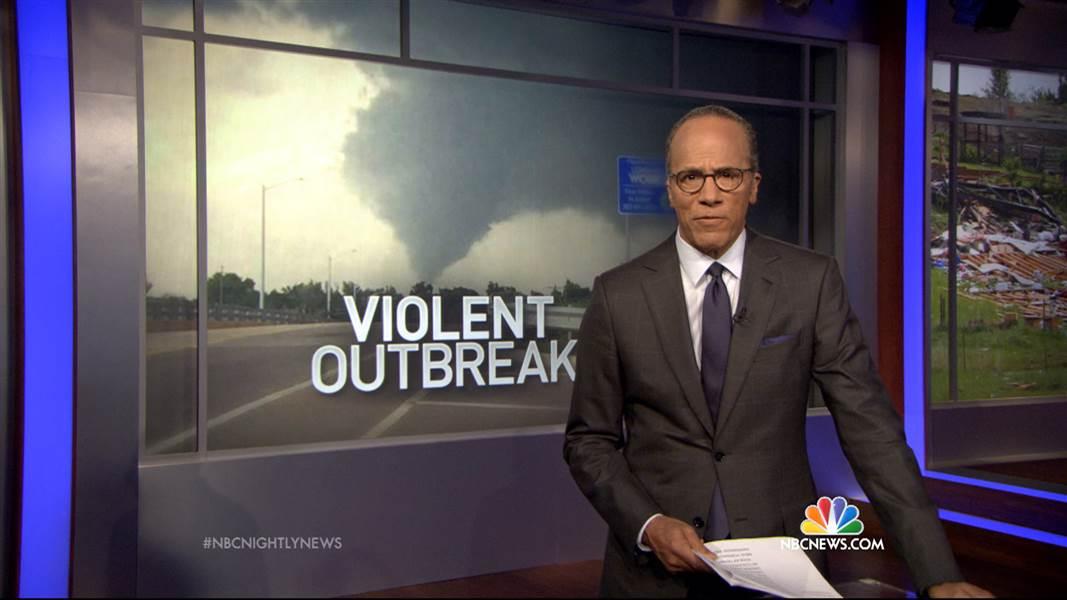Columnist Shane Welch.
North Korean nukes, refugee camps, Zika outbreak; these represent just a few of the headlines found when peering at news stories that lead one to believe the world is terrible. Stories that perpetuate negative circumstances to get the most attention are common in mass media, “If it bleeds it leads” is the common phrase used to describe this set of circumstances.
Media focuses on negative circumstances because it gets the most attention is well known, people are perceptible to the information being presented. An article titled “If It Bleeds, It Leads: Understanding Fear-Based Media” in Psychology Today found that children and adults exposed to media are more likely than others to believecrime is rising and the world at large is a scary place that’sgetting worse.
The findings from Psychology Today are further supported by data found in a Gallup poll that shows that 70 percent of Americans believe crime has worsened in 2015 from 2014 and 63 percent in 2014 believing crime has worsened since 2013.
Although the official report on crime for 2015 hasn’tbeen released by the FBI, the overall trend for crime nationwide is on a decline. Information compiled by the Disaster Center using the FBI’s annual crime reports show violent crime in 2014 at a 44 year low. Rates of murder and robbery were at its lowest levels since the 1960’s as well. Even if crime has risen in 2015, the overall trend shows a long-term drop in overall crime.
nbcnews.com
Reality often clashes with public perception of well-being rankings as well. A study done by Gapminder in conjunction with Novus, a Swedish company, gouged American public perception of world rankings. The study found 66 percent of respondents believed extreme poverty in the last 20 years has almost doubled, the reality is that in the last 20 years extreme poverty worldwide is almost half of what it was 20 years ago.
In fact, Microsoft CEO Bill Gates believes that extreme poverty can be eliminated by 2030, a mere 14 years from now. His vision for attaining this goal is posted on a website called Project Syndicate titled “Promises To Keep in 2016.”
Human progress has vastly improved over a short period of time. Professor of Psychology at Harvard, Steven Pinker repeatedly makes the case in talks, books and written articles that we are living in the most peaceful era in human history. Pinker’s website contains a wealth of information about the march of progress humanity has made throughout the last century and how progress continually moves forward.
Acknowledging these statistics doesn’t come with a free pair of rose colored glasses, current events still require our attention. Admiring the progress we’ve made shouldn’t negate the other significant issues. There’s still a refugee crisis, student loan debt in America is still piling up and the Greenland ice sheet is still melting at accelerating speeds.
Seeing the forest for what it is means having a framework of context that leads us to sound decisions. We as citizens make our best decisions from a rational perspective.
Seeing the forest for the trees would be reacting to a headline emotionally about these issues without seeing the forest, the statistics and data about a certain issue are what provide an overall context to decide and act from.





































